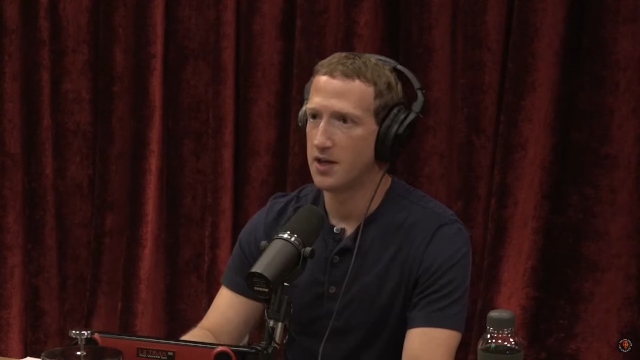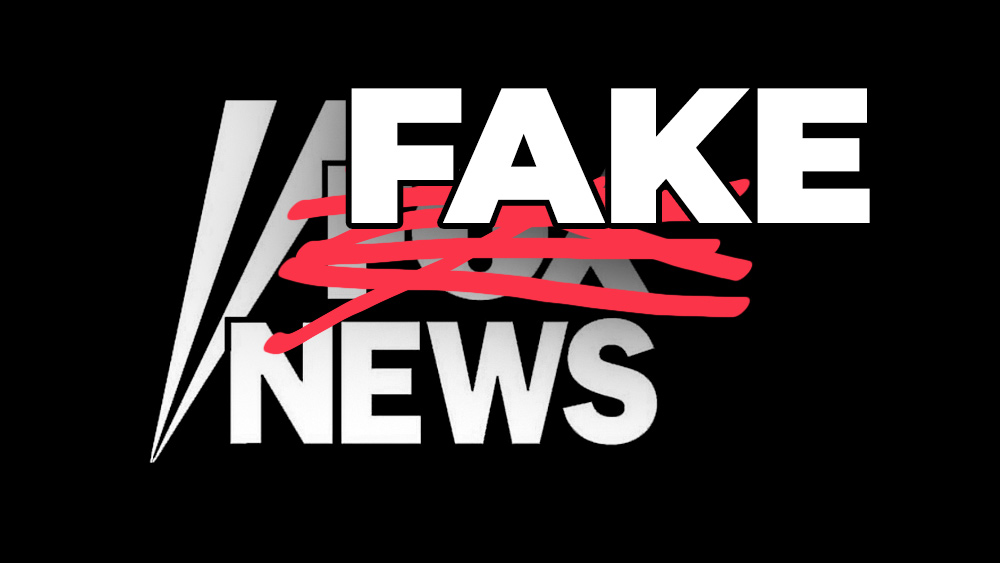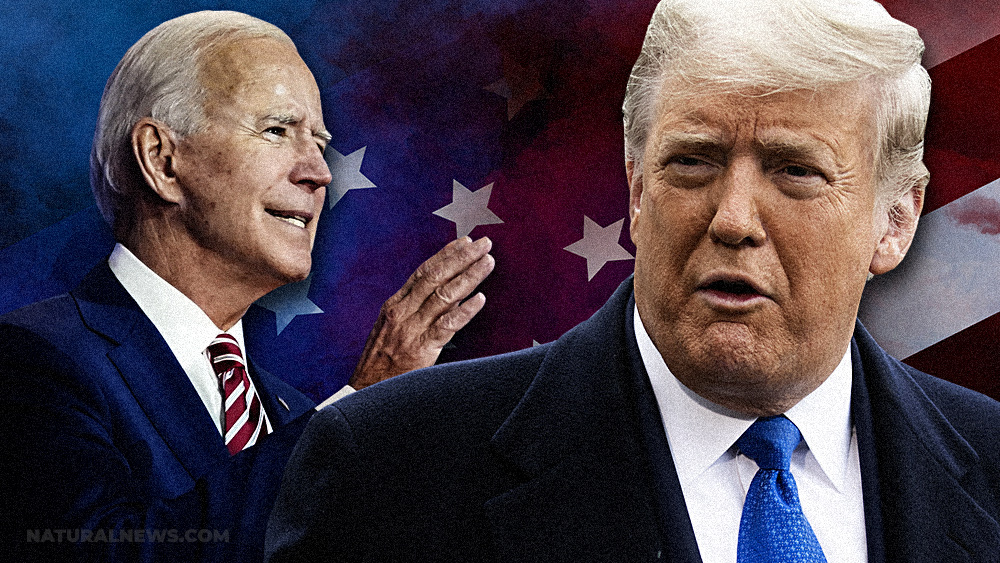Rumble may be no better than YouTube, is subject to Canada’s draconian “hate speech” laws
12/16/2020 / By Ethan Huff

A popular social media alternative to YouTube known as Rumble has quickly become the platform of choice for supporters of President Donald Trump trying to avoid online censorship. Beware, though: Word is circulating that Rumble is about to drop the hammer on free speech.
Because it is based out of Canada, Rumble is subject to Canada’s draconian “hate speech” laws, which Prime Minister Justin Trudeau has promised to punish with “significant penalties.”
In the event that Rumble or any other tech platform fails to remove offensive “hate speech” within 24 hours, Trudeau is ready to unleash the heavy boot of tyranny to ensure that those offended by it can find healing in the echo chamber.
“Rumble is a Canadian company subject to Canada’s draconian ‘hate speech’ laws,” warned Gab CEO Andrew Torba.
“They also provide services to left wing ‘fact checkers’ like Snopes. Their CEO told Buzzfeed under pressure that ‘racism isn’t allowed’ and he plans to ‘update their terms of service.’ Look, the more platforms that aren’t YouTube the better, but that doesn’t sound like free speech to me.”
Similar to Parler, the free speech alternative to Twitter, Rumble saw a massive influx of conservative users following the election. The idea was to sidestep YouTube’s censors while popularizing a new safe haven for video content.
This safe haven is quickly becoming just another YouTube, though, which is hardly a surprise considering its partners include names like MTV, MSN, and Yahoo.
For more related news about social media censorship, be sure to check out Censorship.news.
Gab will always respect free speech and individual liberty
Gab, by the way, made a commitment back in 2018 to preserve free speech and uphold individual liberty on its platform.
Torba, appearing on an episode of The Alex Jones Show – watch below – believes that Big Tech censorship is a form of psychological manipulation that creates false perceptions about what is really going on in the world.
“They are forming this false perception, this alternate reality of what news is, and what important information is, and these algorithms have bias,” Torba stated. “They are designed and written by human beings in San Francisco who have far-left leanings, it’s just a fact.”
Wherever you can share your message, do it
Since most people still use platforms like Facebook and Twitter to communicate online, it is still advisable to continue trying to share your messages there as well. If you get silenced, come up with some creative ways to circumvent the censors by spelling certain words differently, for instance.
One example might be to spell COVID-19 as CV-19, or vaccine as va((ine. Slight alterations in spelling are typically not detected by the artificial intelligence (AI) censorship robots.
Links are a bit tougher when entire domain names are banned, such as is the case on Facebook with both Brighteon and Natural News. In that case, you can try linking people on your Facebook and Twitter feeds to your alternative social media profiles so they can find banned content.
Whatever you can do to get your message out there, do it. People need to hear it, no matter which social media platforms they patronize. And perhaps eventually more of them will make the switch to Parler, Gab, and Brighteon.
“Most people are just too dumb (maybe brainwashed) to understand that defending other people’s right to speak freely has nothing to do with whether or not I agree with their speech,” wrote one Gab user about social media censorship schemes that come under the guise of fighting “hate.”
“This is so simple and yet too complicated for most people.”
Sources for this article include:
Submit a correction >>
Tagged Under:
bias, Canada, Censorship, draconian, fact checkers, free speech, Hate speech, racism, Rumble, safe haven, Social media, YouTube
This article may contain statements that reflect the opinion of the author
RECENT NEWS & ARTICLES
COPYRIGHT © 2017 CENSORSHIP NEWS




















